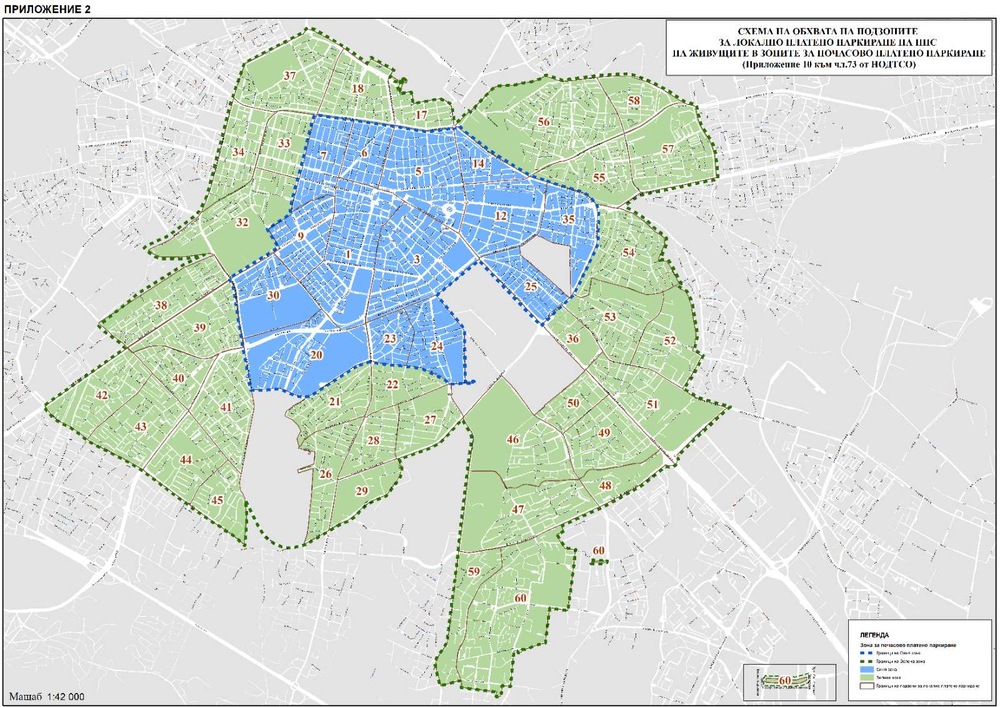site.btaSofia Faces Protests as Paid Parking Zones Expand


Sofia residents protested over the weekend against amendments to the city’s Ordinance on Traffic Organization, which expand paid parking zones and increase parking fees and subscription rates. The demonstrations highlighted ongoing tensions between the municipality and local citizens over urban mobility and infrastructure.
On Saturday, protesters temporarily blocked traffic at Chavdar Bridge near Vladimir Vazov Boulevard. Demonstrators said they would remain on the roadway until their concerns were addressed, stressing that the issue was not paying for parking itself, but transparency regarding how funds would be spent and whether infrastructure in their districts would improve. Eleonora Angelova, one of the organizers, cited Poduyane District as an example, noting insufficient infrastructure, poorly maintained streets, and lack of lighting.
Sofia City Council Chair Tsvetomir Petrov attended the protest and explained that revenue from the expanded parking zones would be allocated through a dedicated program: 50% of funds collected in a district would be used locally, while the remaining 50% would go to the municipality, all earmarked for infrastructure improvements such as streets, pavements, lighting, and inter-block spaces.
On the same day, Sofia Mayor Vassil Terziev defended the reforms in an interview with Nova TV. He stressed that public transport prices would remain unchanged after the euro adoption, and emphasized that the parking reforms aim to introduce order in neighbourhoods, ease pressure on existing paid zones, and generate funds that can be reinvested locally. Terziev acknowledged challenges but argued that regulation must come before large-scale construction of parking facilities, which would be costly and conflict with the city’s green-space ambitions. He highlighted that the goal is for drivers to find parking within seven to eight minutes and that districts would see tangible improvements funded by the revenue collected.
On Sunday, protesters continued their demonstrations, temporarily blocking traffic on Moskovska Street in front of the Sofia Municipality building. They reiterated demands to withdraw the amendments and opposed turning streets into widespread paid parking areas.
Later on Sunday, Deputy Mayor for Transport and Urban Mobility Viktor Chaushev met with the protest organizers. According to Sofia Municipality, the meeting was constructive, with both sides agreeing to continue the dialogue later in November. The Municipality emphasized that paid parking is intended as a traffic management tool, not a punitive measure, and is being expanded only to areas with proven parking pressure. The authority also reiterated that revenue from parking permits will be directly returned to the districts for local improvements, with projects expected to begin in 2026.
Sofia Municipality confirmed that the parking reform will be implemented transparently and in phases, with ongoing dialogue with citizens to address concerns and ensure visible benefits in local infrastructure.
/MY/
news.modal.header
news.modal.text